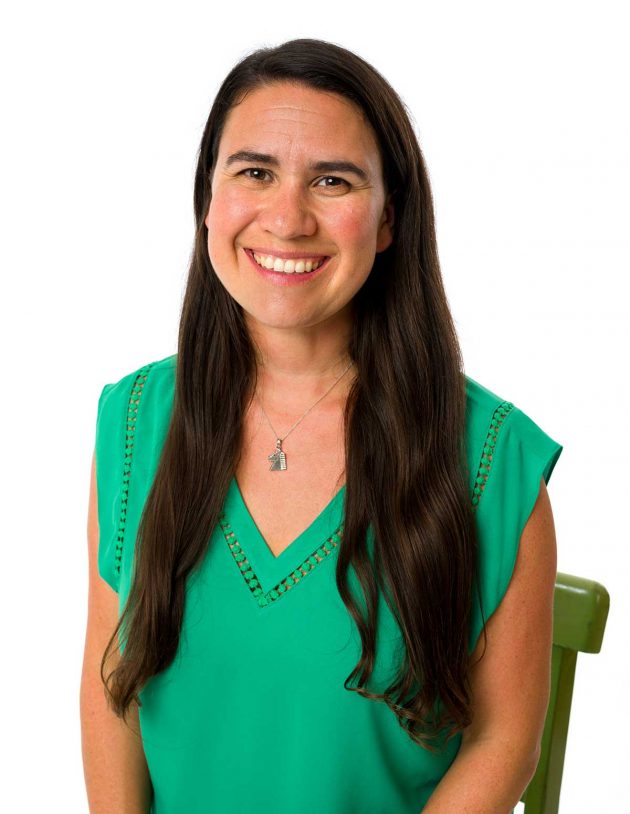As the school year begins and we have the priviledge of working with children from a wide variety of backgrounds and experiences, it is essential that we work to create inclusive and welcoming learning communities. An important part of this work, particularly in public schools, is a committment to secularism in our teaching, and to respecting the diverse religious and non-religious beliefs of our children and their families, both in priniciple and in practice.
Secularism maintains a separation between state and religious institutions and recognizes religious equlity before the law. Secularism invites students to bring their own belief system to the educational experience, and in teaching yoga and mindfulness we can meaningfully support students in this exploration without promoting any particular religious or spiritual beliefs.
Little Flower Yoga founder Jennifer Cohen Harper, along with colleagues Catherine Cook-Cottone and Traci Childress, have written an important persepctive piece, published in the International Journal of Yoga Therapy, that explores guiding questions for inclusive yoga in school. We hope that all school based yoga and mindfulness educators will consider these questions, and the implications for our field and community, as they dive into this important work.
Abstract: This commentary explores the legal and ethical obligations of yoga programs and teachers to uphold both the principles and the spirit of secularism when teaching yoga in schools. Arguing that secularity is essential both to comply with legal mandates and to maximize inclusivity and access, each facet of a secular approach to yoga in schools is explored through an inquiry-based model meant to help the reader gain clarity and make informed choices when developing school-based yoga programming. This article does not address the use of nonsecular yoga for children outside the school setting. It instead speaks to the complexities of topics such as spirituality, personal transformation, secular ethics, and the use of cultural and historical artifacts within school programs. While inviting continued reflection on the nuances of the topic, the article concludes that given both the legal imperatives and potential risk of exclusion, failure to offer school-based yoga using a secular approach threatens to undermine the success of the field and hinder access to practices that have positive effects on young people.
*This article originally appeared in the International Journal of Yoga Therapy, published by the International Association of Yoga Therapists. Used with permission.
FULL ARTICLE LINK
If this conversation is compelling to you, you may want to check out our webinar on the topic, led by Jennifer Cohen Harper with guest Catherine Cook-Cottone.




















thank you for providing such a best information aboutyoga school